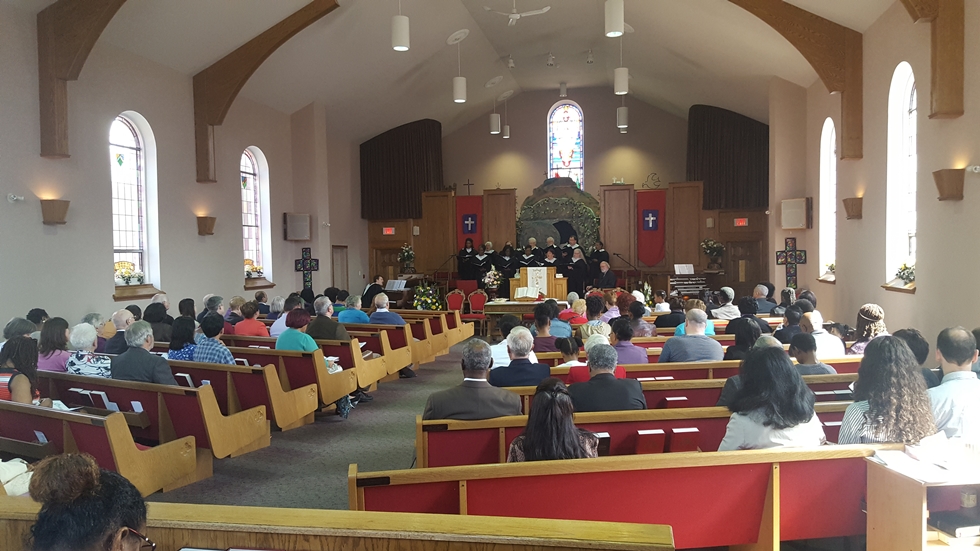“Once more Pilate came out and said to the Jews, “Look, I am bringing Him out to you to let you know that I find no basis for a charge against Him.” When Jesus came out wearing the crown of thorns and the purple robe, Pilate said to them, “Here is the man!” As soon as the chief priests and their officials saw Him they shouted, “Crucify! Crucify!” But Pilate answered, “You take Him and crucify Him. As for me, I find no basis for a charge against Him.”
John 19:4-6
Lately I have found myself meditating upon the cross of the Lord Jesus Christ. I have come to do this because I have been involved in an extended series of sermons on the Gospels of Mark and Luke. Initially my desire was simply to do an exposition of the real nature of our Redeemer. As the series have progressed I have found myself forced to grow in my understanding of just what that nature was all about. The truth is that if we are ever to truly follow the Lord Jesus Christ into the abundant life that He has called us to it will involve us in a complete reorientation of every part of our lives. I am not sure yet that I completely understand what this will mean for me and the work that I am called to do, but I am becoming more deeply aware that it will lead me into a way of dying and living which is characterized by the Biblical principles of the cross centred life. Today in looking at the trial of the Lord Jesus Christ before Pilate, as it is portrayed in Mark 15:1-20 James McGowan made the following observation in his Commentary on Mark’s Gospel.
“Although Pilate delivered Jesus up for scourging, John notes that he made one final appeal to release Jesus, declaring, “Behold, I am bringing Him out to you, that you may know that I find no guilt in Him” (John 19:4). It was only after the multitude and the leaders saw Jesus in this wretched state that they ultimately cried out for His death. Ray Stedman explains:
“Now I think we have to ask why they chose Barabbas. The answer seems to be that they were disappointed with Jesus. This was the crowd which, just a few days before, had welcomed Him into Jerusalem. The city was filled with people Jesus had healed. The eyes of the blind had been opened, the deaf made to hear, and the lame made to walk. There must have been hundreds and probably thousands of people in Jerusalem at that time whom Jesus had touched personally. He had awakened within the people the hope, the flaming desire, that this was indeed the Messiah come to deliver them from the yoke of Rome. All their ideas of messiah-ship centred around the thought that He would be the one who would set them free from the hated bondage of Rome. Now when they saw Him standing helpless before the Roman governor, saw His apparent unwillingness or inability to make any defence, or to get out of this by any means, or to do anything against the Romans, all of their loyalty to Him collapsed.”” (Ray Stedman, Expository Studies in Mark 8-16: The Ruler Who Serves, Word, Waco Texas, 1976, page 190)
Earlier in Mark 14:27 Jesus told His disciples that “you will all be offended in Me.” This was a fulfillment of Isaiah 52:13- 53:12, in which God’s Word points us to the fact that the servant of the Lord will come as one in whom we will be offended. Such was His calling, in obedience to His Father. Such is also the calling of each of us who will follow Him on the Gospel road.
